In this second article in a series on philosophy and science, we take a look at dialectics and its relevance to understanding change in the natural world.
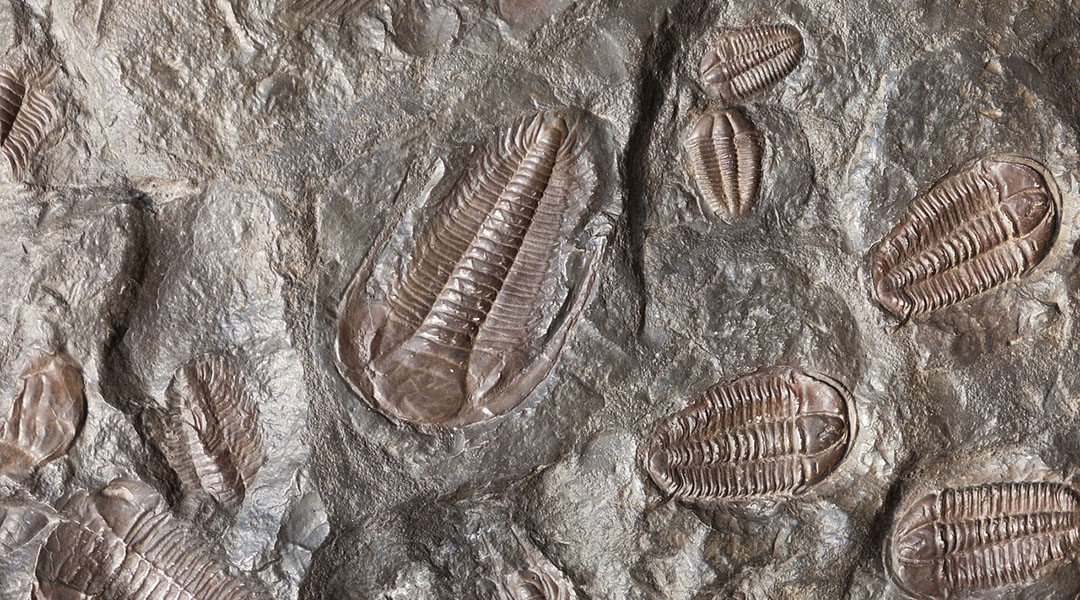

In this second article in a series on philosophy and science, we take a look at dialectics and its relevance to understanding change in the natural world.

Much of the world’s road and rail infrastructure is decades old, and future climate change will make it difficult to run and maintain.

The new findings contradict most observations of supermassive black holes, making this an unprecedented discovery.
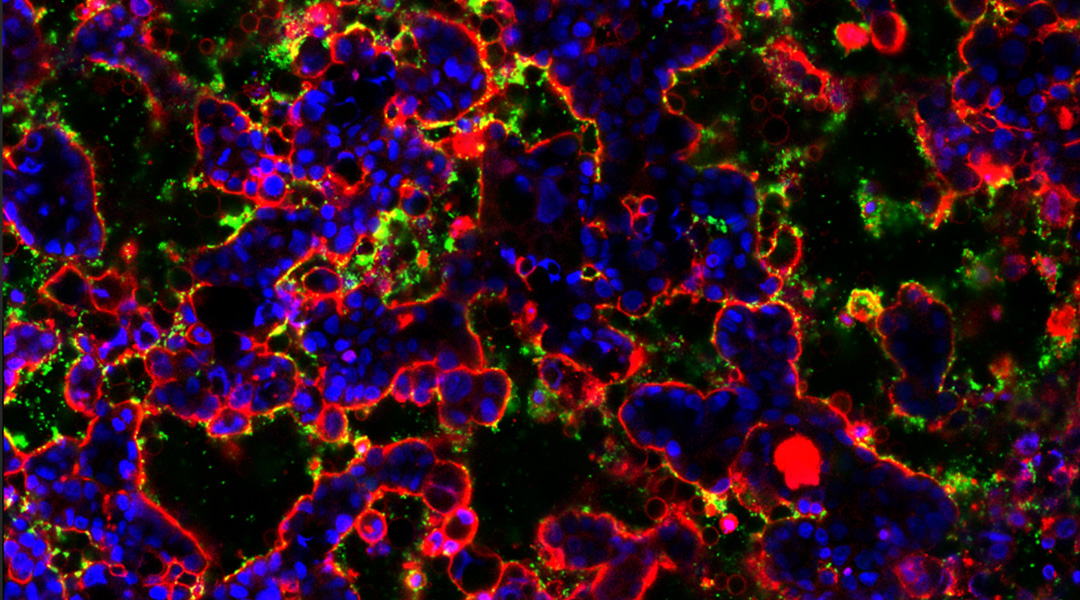
This artificial gut will allow scientists to gain deeper insights into the biome that exists there and how dysregulation can lead to disease.
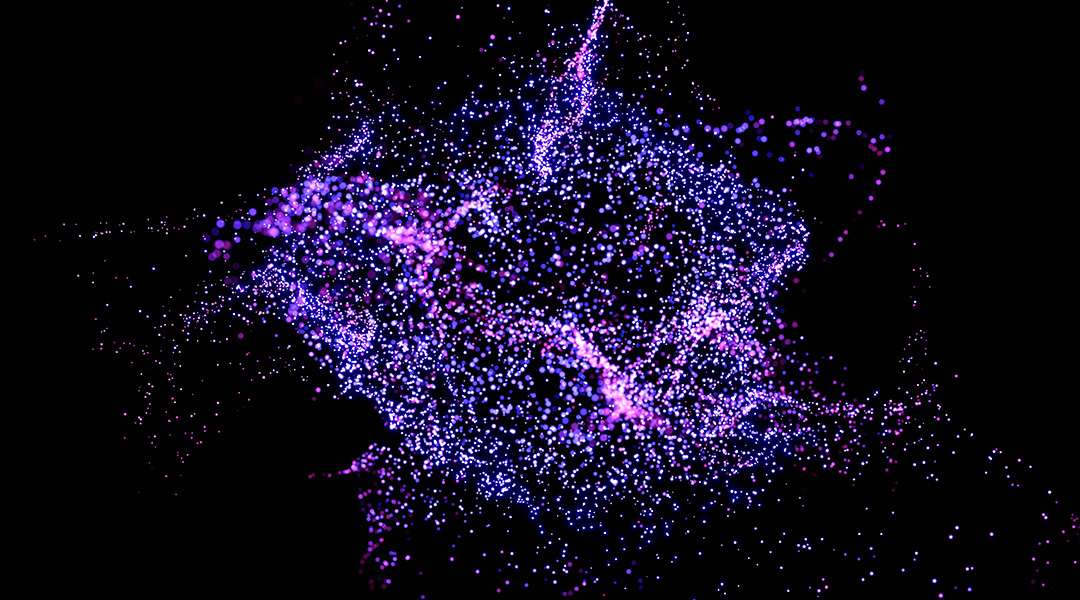
Nanoparticles with innovative coatings target tumor cells, enhancing chemotherapy effectiveness while minimizing side effects.

Gaining an understanding of quantum gravity could help scientists uncover some of the Universe’s deepest mysteries.

Polymer chemist Athina Anastasaki talks about establishing her career, inroads into polymer recycling, and resilience in academia.
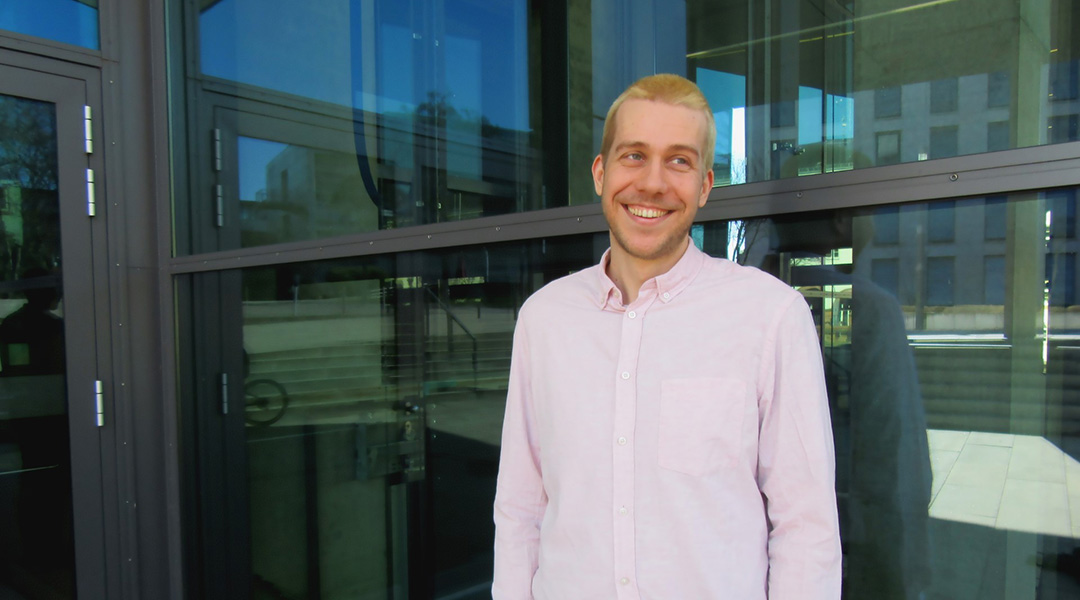
Florian Jehn combines pragmatism with optimism when considering potential threats to human civilization.
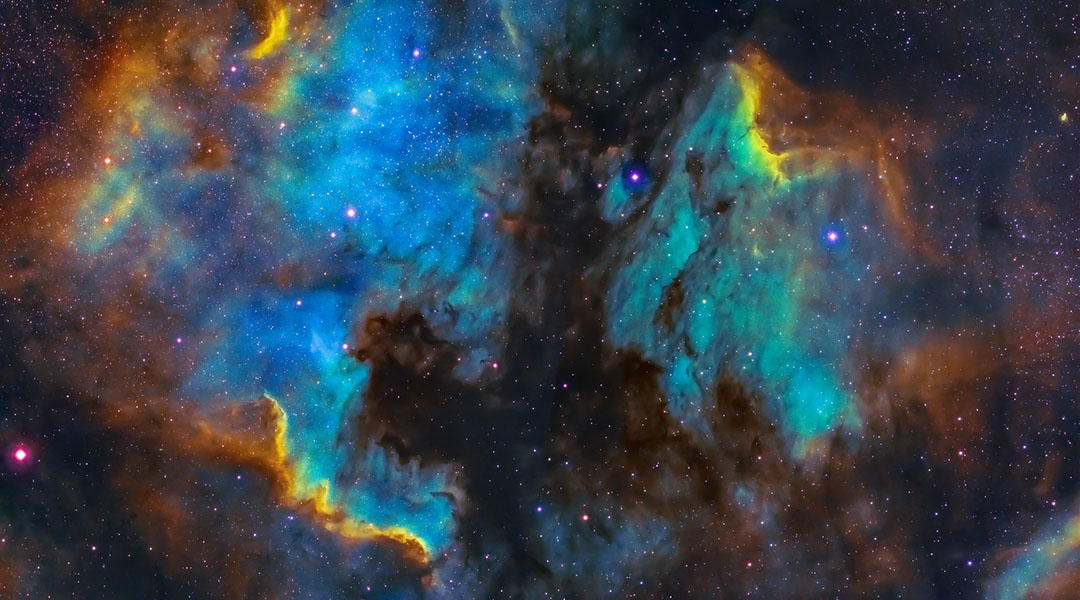
In this first article in a series on philosophy and science, we take a look at materialism and why it is fundamental to science.

A pair of nuclear astrophysicists explore this question, assessing the risk of this outcome back when nuclear physics was still in its infancy.